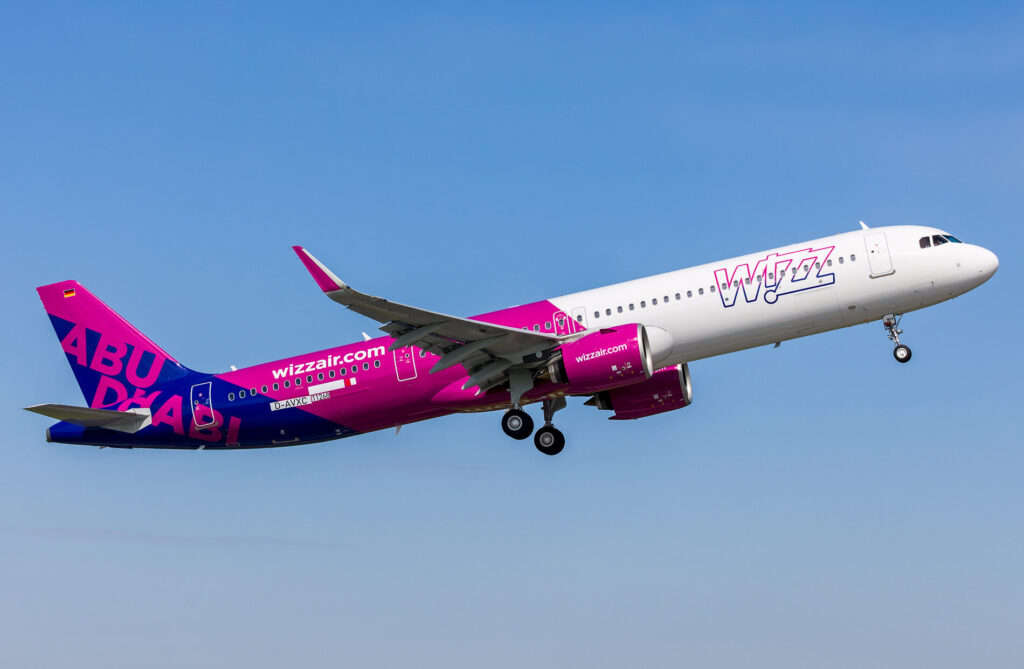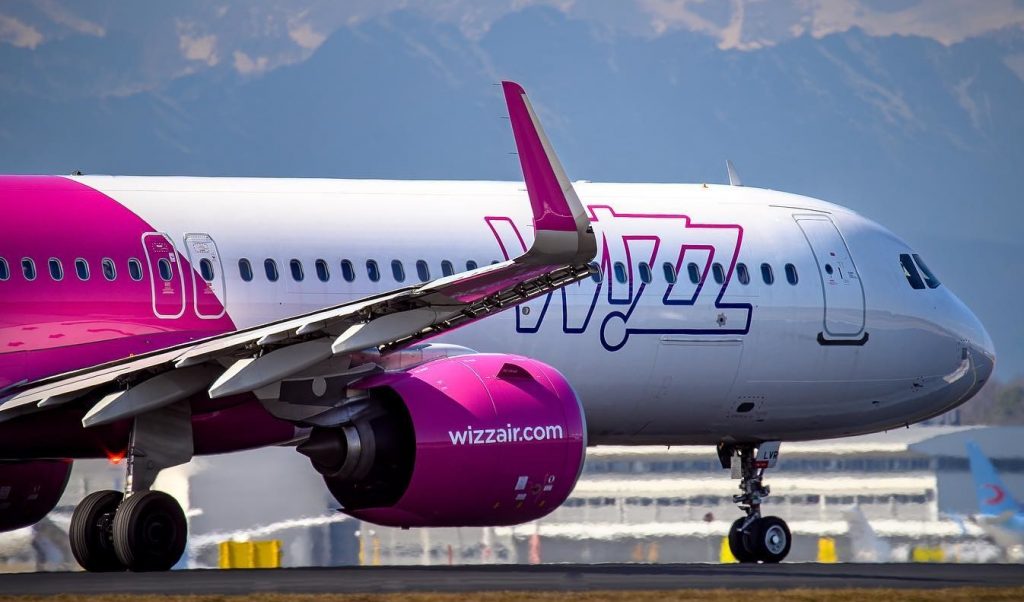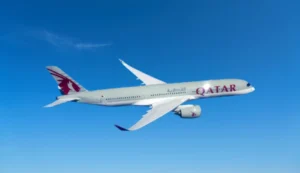Wizz Air to Select Engine Provider for 177 Airbus Jets
Wizz Air is in the final stages of selecting an engine supplier for 177 Airbus jets, considering options between Pratt & Whitney and CFM. The decision will influence the airline’s fleet growth and operational efficiency.

Photo Source: Aviation Week
Wizz Air, a leading European budget airline, is nearing a crucial decision on selecting an engine manufacturer for its 177 narrowbody Airbus jets on order. The airline’s CEO, Jozsef Varadi, shared details of the ongoing selection process during an aviation summit in New Delhi.
The airline, which operates an all-Airbus fleet, is evaluating two main contenders: Pratt & Whitney, its current supplier, whose engines are currently facing global operational issues, and CFM, a joint venture between General Electric (GE) and France’s Safran.
“We are right now in the process of tendering the engine order,” Varadi stated, highlighting key factors influencing the decision: acquisition cost, engine durability, operating costs, and guaranteed aftermarket support.
Wizz Air has faced significant challenges due to the Pratt & Whitney geared turbofan (GTF) engine issues, resulting in a substantial number of grounded aircraft. As of May 17, 47 of Wizz Air’s over 200 Airbus jets are grounded, with an additional 30 expected by next summer. The tender aims to secure engines for 177 planes, complementing the existing orders that include GTF engines.
Varadi anticipates the delivery of all ordered planes by the end of the decade, projecting a fleet size of around 500 jets. He also mentioned the need for future orders to sustain growth beyond the decade, estimating a requirement of 70 to 100 aircraft annually to replace older jets and expand the fleet.

The selection process involves a comprehensive assessment of each contender’s offerings. Pratt & Whitney, despite its current challenges, remains a potential choice due to its established relationship with Wizz Air and the technological advancements of its engines. On the other hand, CFM, with its robust reputation and joint venture between General Electric (GE) and Safran, presents a compelling alternative. The evaluation criteria include acquisition cost, engine durability, operating costs, and the financial guarantees for aftermarket services, all crucial factors that will determine the long-term viability and performance of the chosen engines.
Looking ahead, Varadi envisions a significant expansion for Wizz Air. With a current order of 330 aircraft, approximately half equipped with GTF engines, the airline aims to have all planes delivered by the end of the decade, reaching a fleet size of around 500 jets. To sustain this growth and replace aging aircraft, Varadi projects an annual requirement of 70 to 100 new planes. This ambitious plan not only highlights Wizz Air’s commitment to growth but also the strategic importance of securing a dependable engine supplier to support its expanding operations and maintain its competitive edge in the budget airline market.






